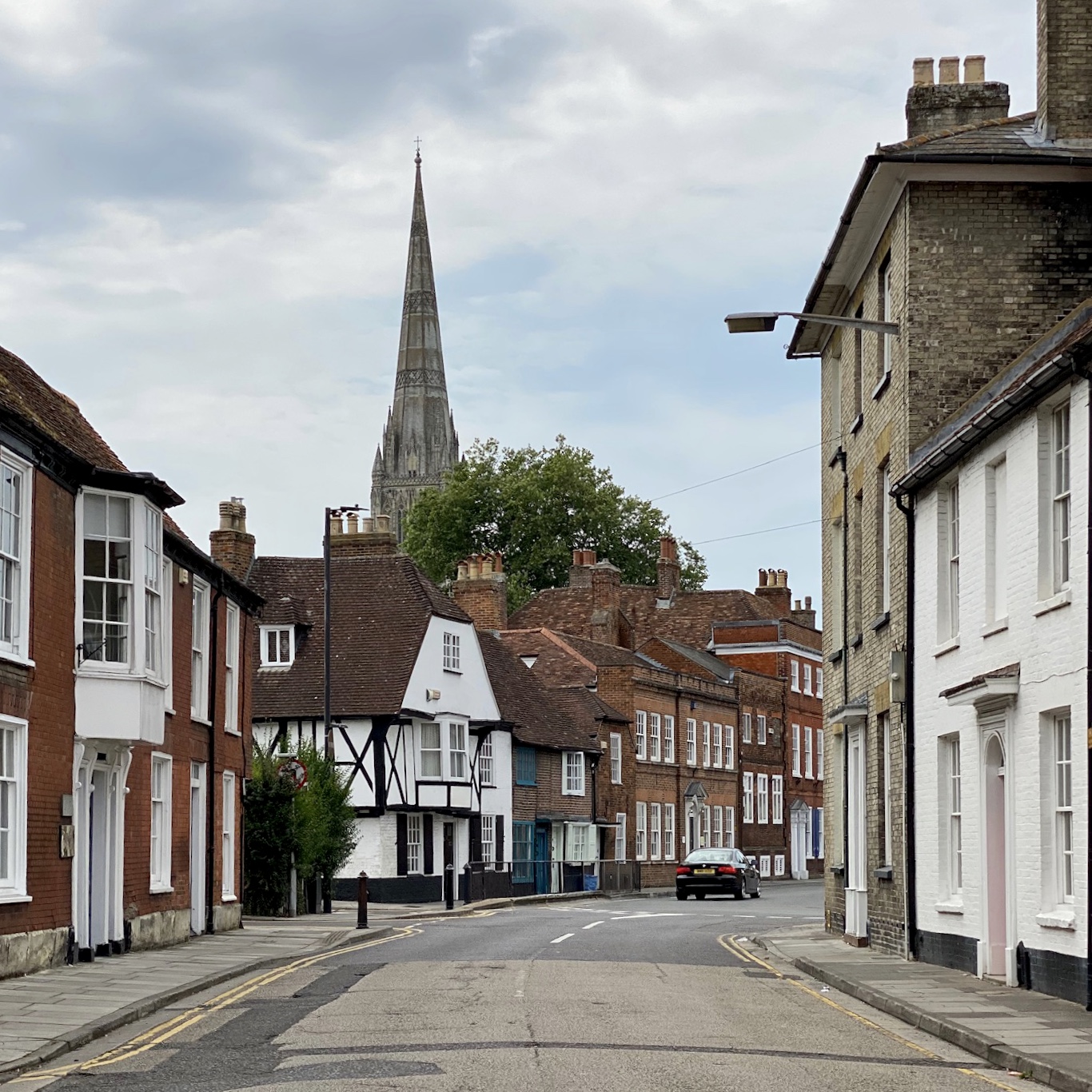Sarah Fielding was one of the earliest professional female authors to succeed in the man’s world of her day. She was the favourite sister of the founding father of the English novel Henry Fielding. She is overshadowed by her older brother but in her time she was a respected writer and novelist.
Following their mother’s death and their father’s remarriage in 1720, the Fielding children were placed in the care of their maternal grandmother, Lady Sarah Davidge Gould, in St Anne Street in Salisbury. Sarah, known as Sally, and her sisters attended Mary Rooke’s boarding school in Aula le Stage, 21 The Close, ‘to be educated, learn to work and read and write and to talk French and Dance and be brought up as Gentlewomen’. Her school experiences were used in her novel The Governess; or little Female Academy (1749), the earliest book written exclusively for children and to use a school setting. Very popular in its day, it was much imitated.
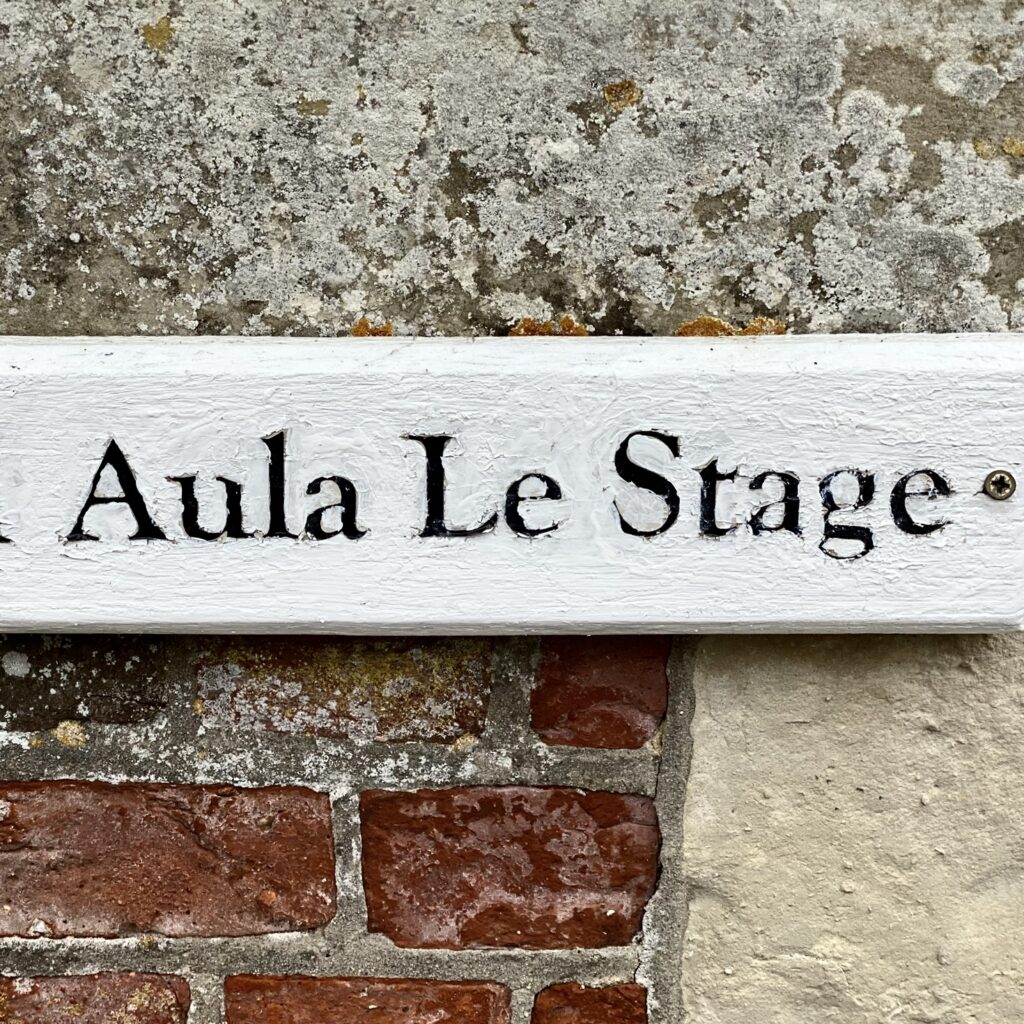
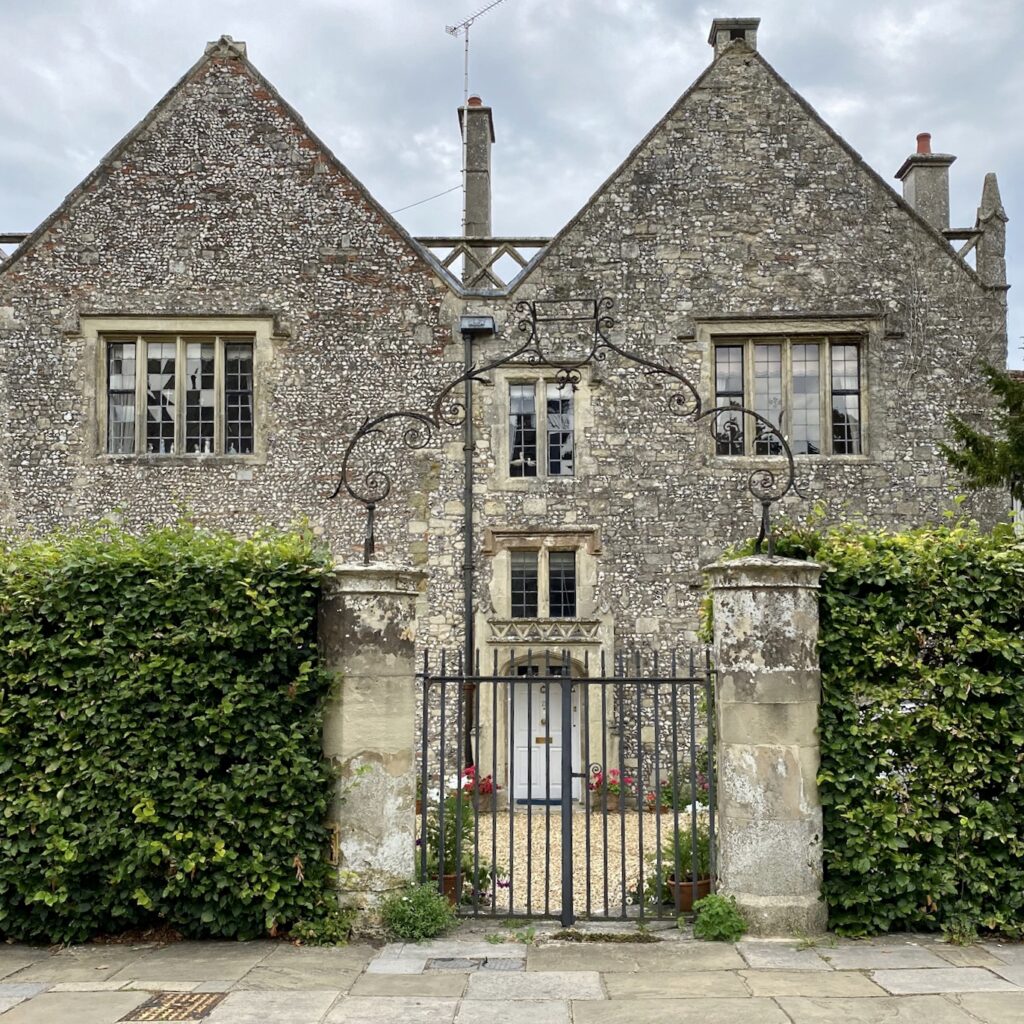
After her grandmother’s death in 1733, Sarah no longer lived exclusively in Salisbury but local friendships remained important. Dr Arthur Collier taught her Greek and Latin, and James Harris from Malmesbury House was her benefactor and advised on her translation from the Greek of Xenophon’s Memoirs of Socrates (1762), a major work of scholarship. She also collaborated with her brother Henry, and published literary criticism and prose collections. Moving in literary circles she managed to earn a modest living. In her writing she bemoans the low status of women, particularly the plight of the impoverished single gentlewoman.
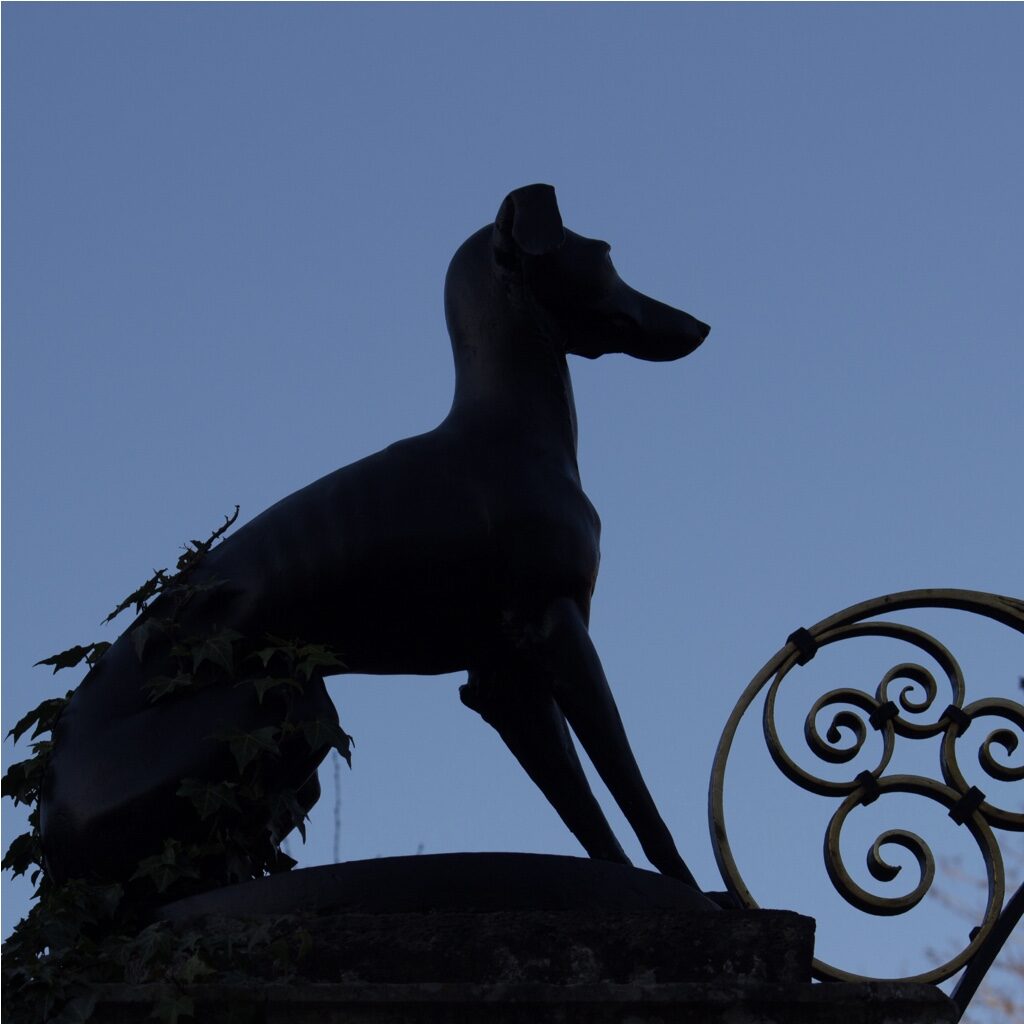
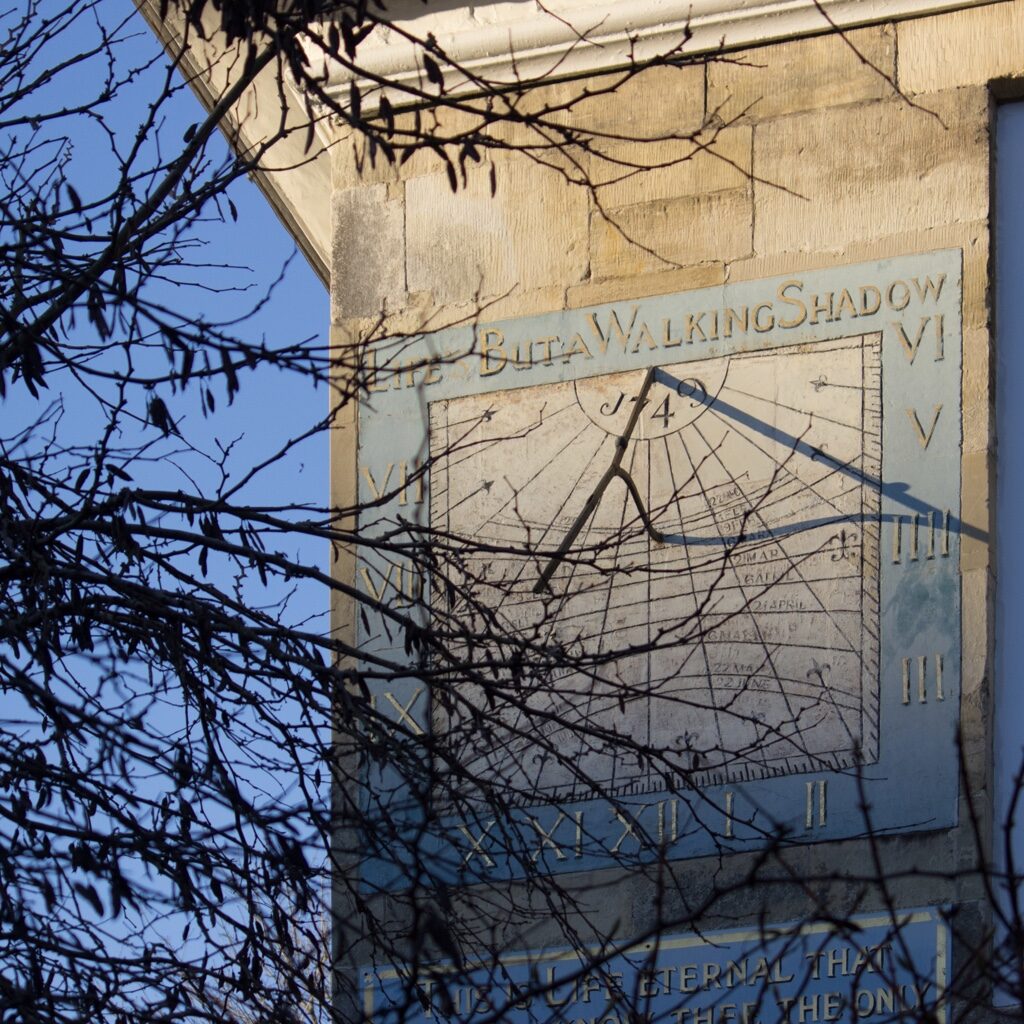
The Fielding family was also involved in innovative experiments in medicine in the early 18th century. In 1723 a major outbreak of smallpox saw 1244 people infected in Salisbury, with 165 deaths. Inoculation had been introduced from Turkey by Lady Mary Wortley Montague, a distant relative of the Fieldings. Sarah persuaded wealthy friends in the Close to inoculate their children and servants against the disease. Dr William Goldwyer, at 13 The Close, successfully carried out the inoculations on the three Cradock sisters, including Henry Fielding’s wife Charlotte. Lady Gould arranged for four grandchildren to be inoculated, although not Sarah herself: it seems likely that she and one of her sisters had already had smallpox (she was 14 in 1723 when the most severe outbreak occurred in the town). The method was controversial at the time as it could spread the disease, and it was not until 1798 that Jenner’s cowpox vaccination turned the tide.
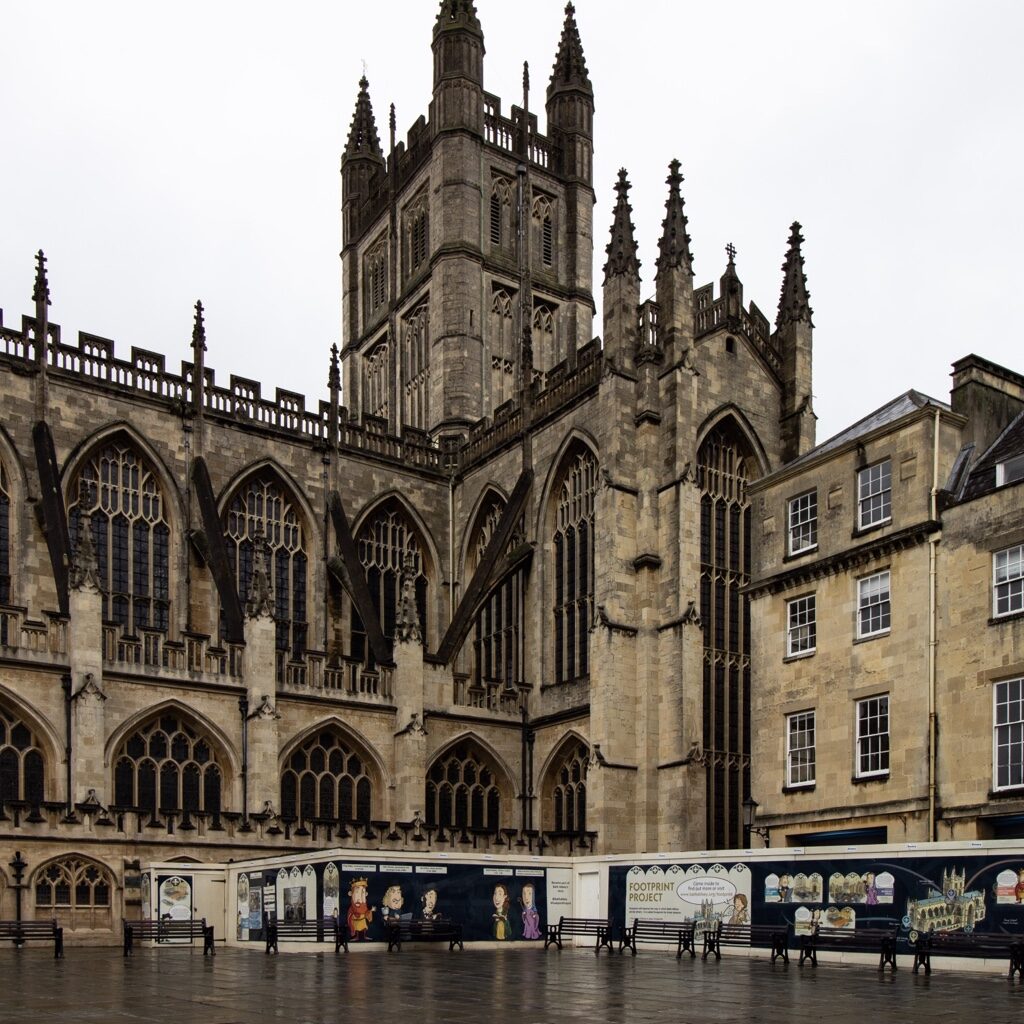
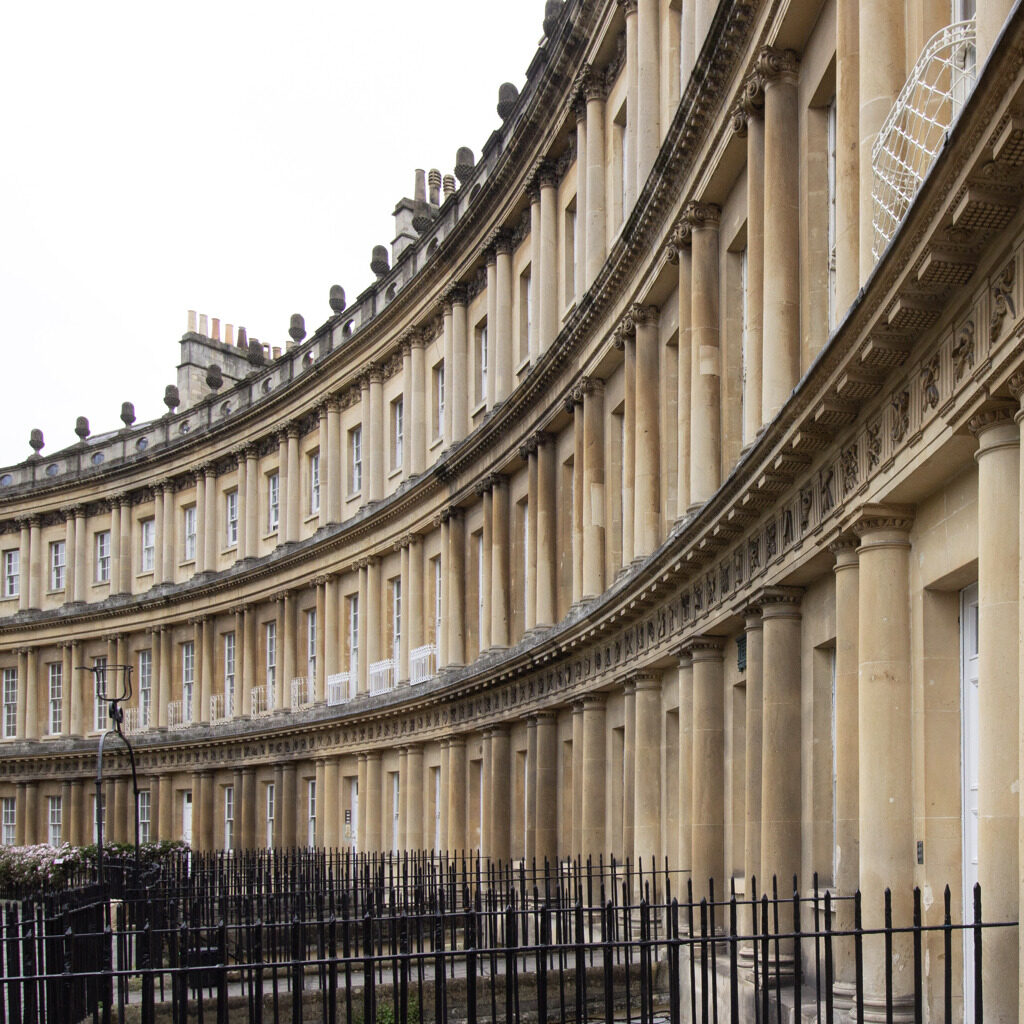
Sarah died in Bath in 1768, aged 57. Her work is now being reappraised to establish her as an early feminist writer. She was part of a sisterhood of bluestocking women writers, and throughout her oeuvre she challenged prevailing traditions that denied women a choice, particularly in education, employment and marriage.
Sources:
Godden, Gertrude, 2005, Henry Fielding: A Memoir Including Newly Discovered Letters and Records, Library of Alexandria
Grundy, Isobel, 1993, ‘Inoculation in Salisbury’, The Scriblarian, Vol 26, No 1
Howells, Jane and Newman, Ruth, 2014, Women in Salisbury Cathedral Close, Sarum Studies 5
Jameson, June, 2008, Sarah Fielding: Satire and Subversion in the Eighteenth Century Novel, Doctoral Thesis, University of Sunderland

